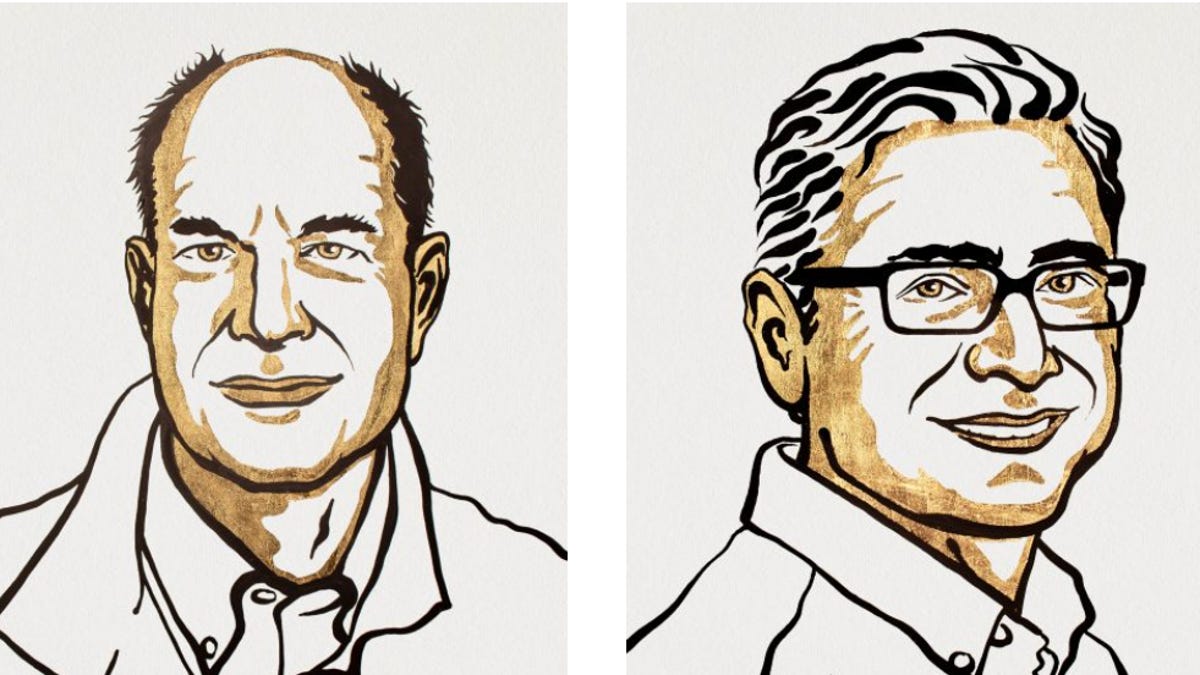Nobel Prize awarded for discovery of temperature and touch receptors
David Julius and Ardem Patapoutian have uncovered critical missing links to our understanding of how our senses interact with the environment.

David Julius (left) and Ardem Patapoutian were awarded the Nobel Prize in Physiology or Medicine.
David Julius and Ardem Patapoutian, both US-based scientists, have been awarded the Nobel Prize in Physiology or Medicine for their discovery of receptors that let humans detect temperature and touch.
"Our ability to sense heat, cold and touch is essential for survival and underpins our interaction with the world around us," the Nobel Assembly said Monday in its release. "In our daily lives we take these sensations for granted."
Using a compound found in chili peppers called capsaicin, Julius pinpointed a nerve sensor in the skin that responds to heat. Patapoutian used pressure-sensitive cells to discover a novel class of sensors that respond to mechanical stimuli in the skin and internal organs.
Their research uncovered critical missing links to our understanding of how our senses interact with the environment, according to the assembly.
Julius is a professor and chair of the physiology department at the University of California, San Francisco. Patapoutian is a professor in the neuroscience department of Scripps Research in La Jolla, California. Patapoutian is also affiliated with the Howard Hughes Medical Institute.
Patapoutian said he's hopeful about future discoveries that could come from his research. "One of the exciting things about it is that it's taking us into directions and places where we didn't know that pressure sensing was important," he told Nobelprize.org.

